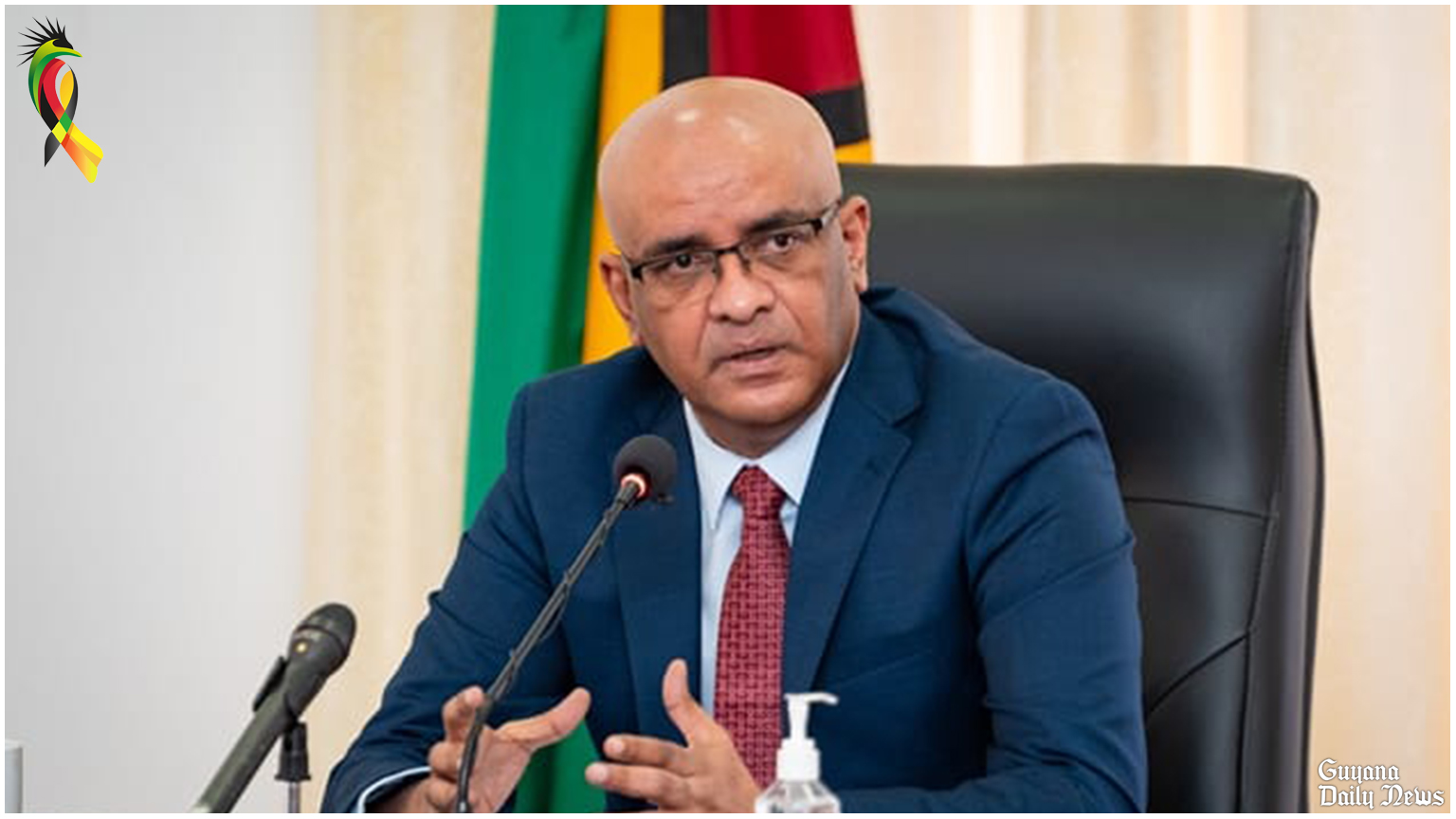
At a press conference held on January 9, 2025, Vice President Dr. Bharrat Jagdeo strongly defended the government’s tax waiver policies, emphasizing that these incentives are critical to fostering economic growth and attracting investments.
The Vice President addressed concerns raised by critics who questioned the extent and fairness of the waivers, arguing that such measures are vital for Guyana’s ongoing development.
“The tax waivers are not arbitrary handouts; they are strategic tools designed to incentivize investments that create jobs, stimulate economic activity, and improve the quality of life for our citizens,” Jagdeo stated.
A Pro-Growth Policy FrameworkJagdeo explained that the government’s tax policies are guided by a deliberate effort to support key industries and promote diversification in Guyana’s economy.
He highlighted sectors such as agriculture, manufacturing, renewable energy, and tourism as key beneficiaries of these waivers, noting that targeted tax incentives are helping businesses grow and contribute to the national economy.
“When we waive taxes for an investor setting up a factory or developing renewable energy infrastructure, we are not losing revenue—we are gaining opportunities. These projects bring long-term benefits, such as employment and exports, which far outweigh the immediate tax concessions,” Jagdeo said.
The Vice President also pointed out that tax waivers are often tied to conditions requiring businesses to meet certain performance benchmarks. This ensures accountability and aligns the incentives with the government’s broader economic goals.
Encouraging Private Sector GrowthJagdeo stressed that a vibrant private sector is essential for Guyana’s economic progress, and tax incentives play a key role in attracting both local and foreign investors. He argued that without these waivers, businesses might be deterred by high upfront costs, especially in sectors that require significant capital investment.
“The government’s role is to create an environment that fosters entrepreneurship and innovation. Tax incentives are part of that strategy, ensuring that our economy remains competitive and attractive to investors,” Jagdeo said.
Acknowledging the criticisms from opposition groups and some sections of the public, Jagdeo dismissed claims that the waivers are benefiting only a privileged few. He asserted that the government is committed to transparency and equity in its tax policies.
“All waivers are granted through a clear and structured process. There is no favoritism involved. Every decision is based on the potential impact on the economy and the lives of our people,” he declared.
Jagdeo also reminded critics that tax waivers are a common practice in countries seeking to accelerate growth and development. He cited examples from other developing nations where similar policies have successfully spurred industrialization and economic expansion.
While defending the policy, Jagdeo acknowledged the need to balance tax waivers with revenue generation for national development. He assured the public that the government is carefully monitoring the program to ensure it does not undermine the country’s fiscal stability.
“We are constantly reviewing our tax policies to ensure they remain effective and sustainable. The goal is to achieve a balance where incentives drive growth without compromising the government’s ability to fund essential services and infrastructure,” Jagdeo explained.
The Vice President reiterated the government’s commitment to using tax waivers as a tool for inclusive growth. He emphasized that the administration will continue to refine its approach, ensuring that the benefits of these policies are felt across all sectors of society.
“Tax incentives are not about short-term gains; they are about building a stronger, more resilient economy for future generations. We will continue to work to ensure that every policy we implement contributes to the collective prosperity of our nation,” Jagdeo concluded.
His remarks have sparked further debate, with some applauding the focus on economic growth and others calling for greater transparency and oversight in the allocation of tax waivers.
Nonetheless, Jagdeo’s defense highlights the administration’s confidence in its strategy to drive Guyana’s economic transformation.













